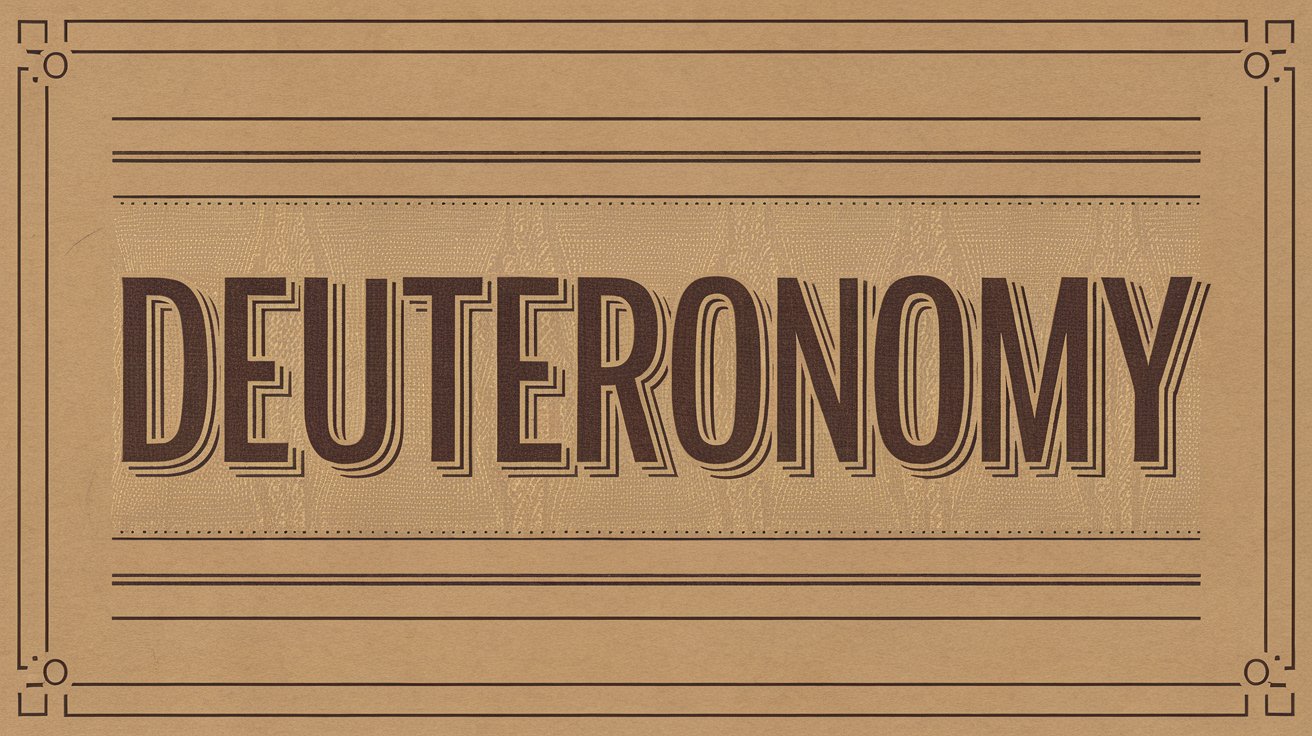Deuteronomy 14 – Clean and Unclean: God’s Dinner Table Rules
What’s Deuteronomy 14 about?
This chapter lays out God’s dietary laws for Israel – what animals they can and can’t eat, plus instructions about tithing and caring for the poor. It’s basically God saying, “Here’s how to live as my holy people, from your dinner plate to your wallet.”
The Full Context
Picture this: Moses is giving his final speech to a generation of Israelites who are about to cross into the Promised Land. These aren’t the slaves who left Egypt – those folks died in the wilderness. This is their children, born free but raised on manna and quail for forty years. Now Moses needs to prepare them for life in a land flowing with milk and honey, surrounded by nations with very different ideas about food, worship, and community.
This chapter comes right after Moses reminds them they’re God’s “treasured possession” in Deuteronomy 14:2. The dietary laws aren’t arbitrary rules – they’re part of what makes Israel distinct from the Canaanites they’re about to live among. The chapter flows from food laws to tithing laws, showing how holiness touches everything from what’s on your plate to how you handle your harvest. It’s Moses saying, “Every meal, every transaction, every act of generosity is a chance to remember who you are and whose you are.”
What the Ancient Words Tell Us
The Hebrew word tamei (unclean) and tahor (clean) aren’t about hygiene – they’re about holiness. When God declares certain animals tamei, He’s not saying they’re dirty or diseased. He’s saying they don’t fit the pattern of what His people should eat.
Look at the criteria: land animals must both chew cud AND have split hooves. Fish must have both fins AND scales. It’s almost like God is saying, “I want you to eat creatures that are complete examples of their kind.” The pig has split hooves but doesn’t chew cud – incomplete. The rabbit chews cud but doesn’t have split hooves – also incomplete.
Grammar Geeks
The Hebrew verb ba’al pe’ah (chew the cud) literally means “bring up the cud.” Ancient Israelites would have watched these animals carefully – seeing cattle and sheep methodically re-chewing their food was a daily reminder of thoroughness and completion.
Here’s what gets interesting: the Hebrew word for “abomination” (to’evah) that appears in Deuteronomy 14:3 is the same word used for idolatrous practices. God isn’t just regulating diet – He’s protecting identity.
What Would the Original Audience Have Heard?
Imagine you’re an Israelite about to enter Canaan. Your new Canaanite neighbors are going to invite you over for dinner. They’ll serve pork (sacred to their fertility goddesses), shellfish (used in temple rituals), and birds of prey (associated with divination). Every “no thank you” becomes a declaration: “We’re different. We serve a different God.”
The dietary laws created natural boundaries. When you can’t eat what your neighbors eat, you can’t fully integrate into their religious and social systems. It’s brilliant, really – God used food to preserve His people’s distinctiveness.
Did You Know?
Archaeological evidence shows that ancient Israelite settlements can often be identified by the complete absence of pig bones in their refuse pits, while surrounding Canaanite sites are full of them. Even their garbage proclaimed their identity!
But notice something beautiful in Deuteronomy 14:21 – animals that die naturally can be given to foreigners or sold to them. God isn’t saying these animals are inherently evil. He’s saying they’re not appropriate for His covenant people. There’s a difference between “wrong for everyone” and “wrong for you because of who you are.”
Wrestling with the Text
Here’s where it gets puzzling: why these specific animals? Scholars have proposed health reasons – pork can carry trichinosis, shellfish can harbor toxins. But that doesn’t explain why the rabbit is forbidden (it’s perfectly safe to eat) or why birds of prey are off-limits.
Others suggest it’s about death symbolism – pigs roll in mud, vultures eat carrion, carnivorous animals consume blood. Maybe God wanted His people to avoid anything associated with death and decay since He is the God of life.
But honestly? The text doesn’t give us a detailed explanation, and maybe that’s the point. Sometimes obedience means trusting God’s wisdom even when we don’t fully understand His reasons.
Wait, That’s Strange…
Notice that Deuteronomy 14:21 specifically forbids boiling a young goat in its mother’s milk. This seems random until you realize this was a Canaanite fertility ritual. God is saying, “Don’t adopt their magical practices, even for cooking.”
How This Changes Everything
Here’s what blows my mind about this chapter: it’s not just about food – it’s about formation. Every meal becomes a teaching moment. Every grocery trip is a reminder of identity. Every dinner invitation is a chance to live out your values.
The tithing section that follows (Deuteronomy 14:22-29) shows the same principle. God doesn’t just want your diet – He wants your wallet, your celebrations, your care for the poor. He’s shaping a people who think differently about everything.
And here’s the beautiful part: every third year, the tithe goes to the Levites, foreigners, orphans, and widows (Deuteronomy 14:28-29). The same God who sets you apart from the nations also makes you responsible for caring for the vulnerable among those nations.
“God doesn’t just want to change what you eat – He wants to change how you think about everything from your pantry to your purpose.”
This is holiness in action – distinct but not disconnected, separate but not selfish. You follow different dietary rules, but you share your abundance. You maintain your identity, but you care for outsiders.
Key Takeaway
God’s rules aren’t just about restriction – they’re about formation. Every boundary He sets is designed to shape you into the kind of person who naturally thinks about others, cares for the vulnerable, and lives with intentional gratitude.
Further Reading
Internal Links:
External Scholarly Resources:


